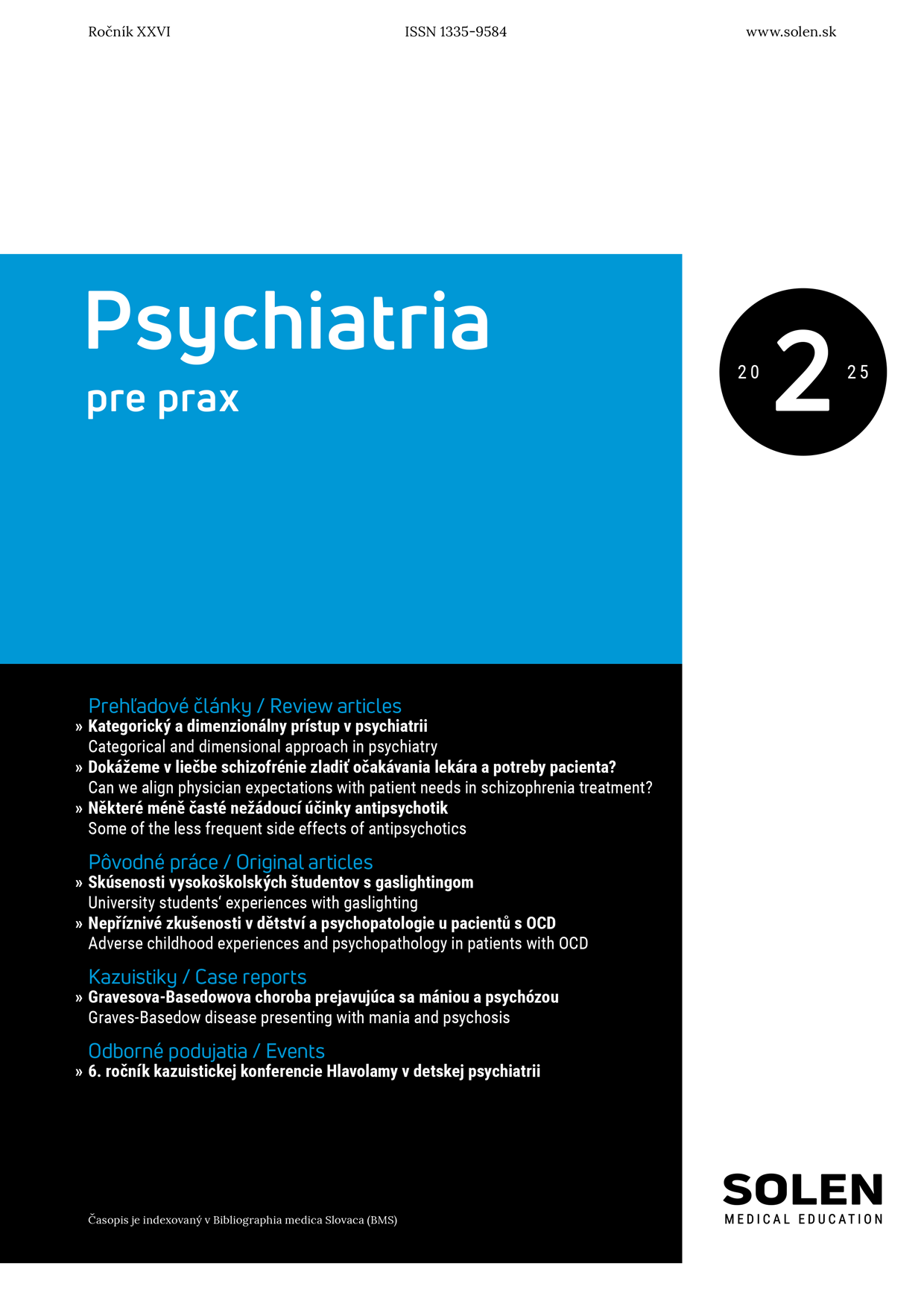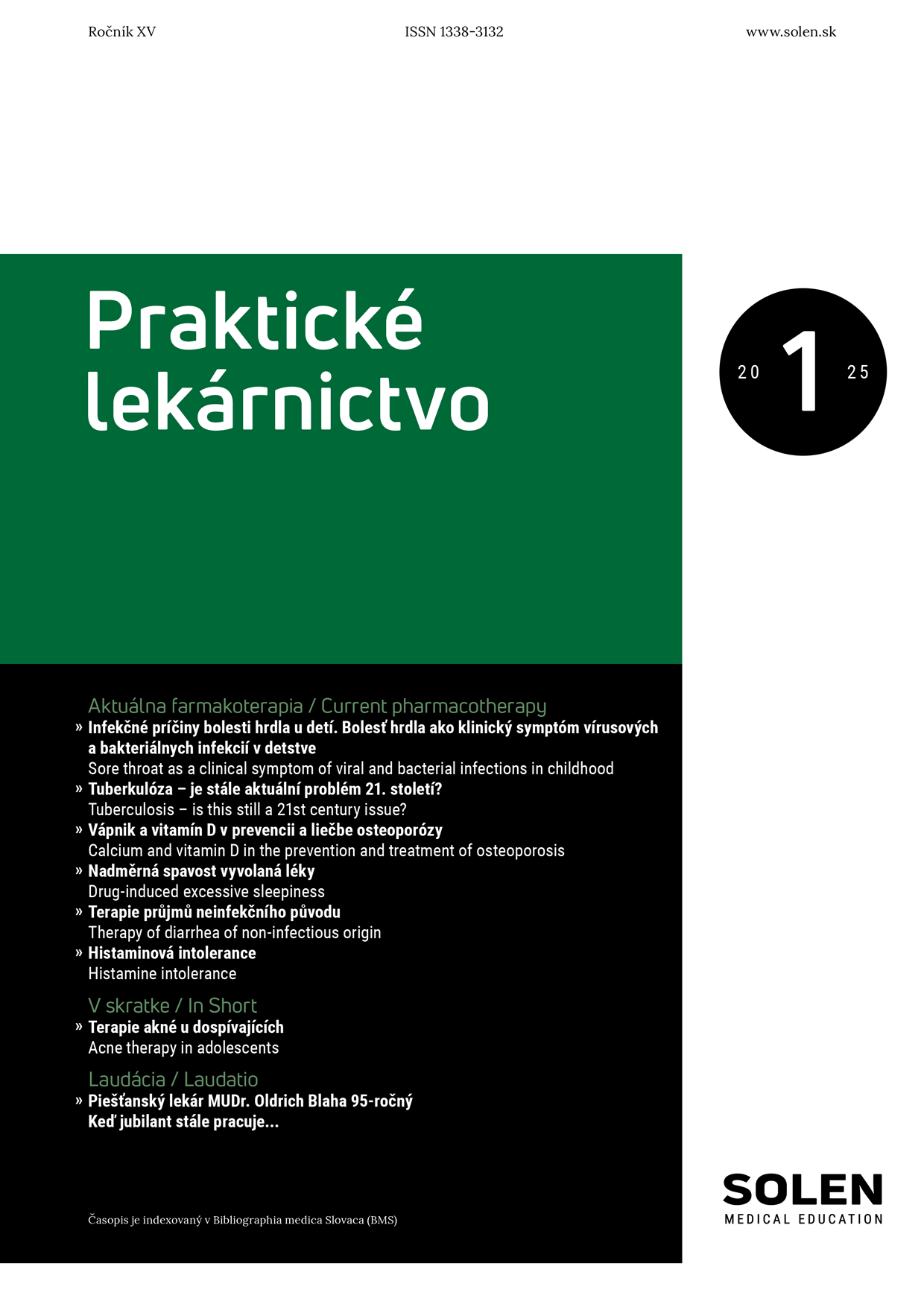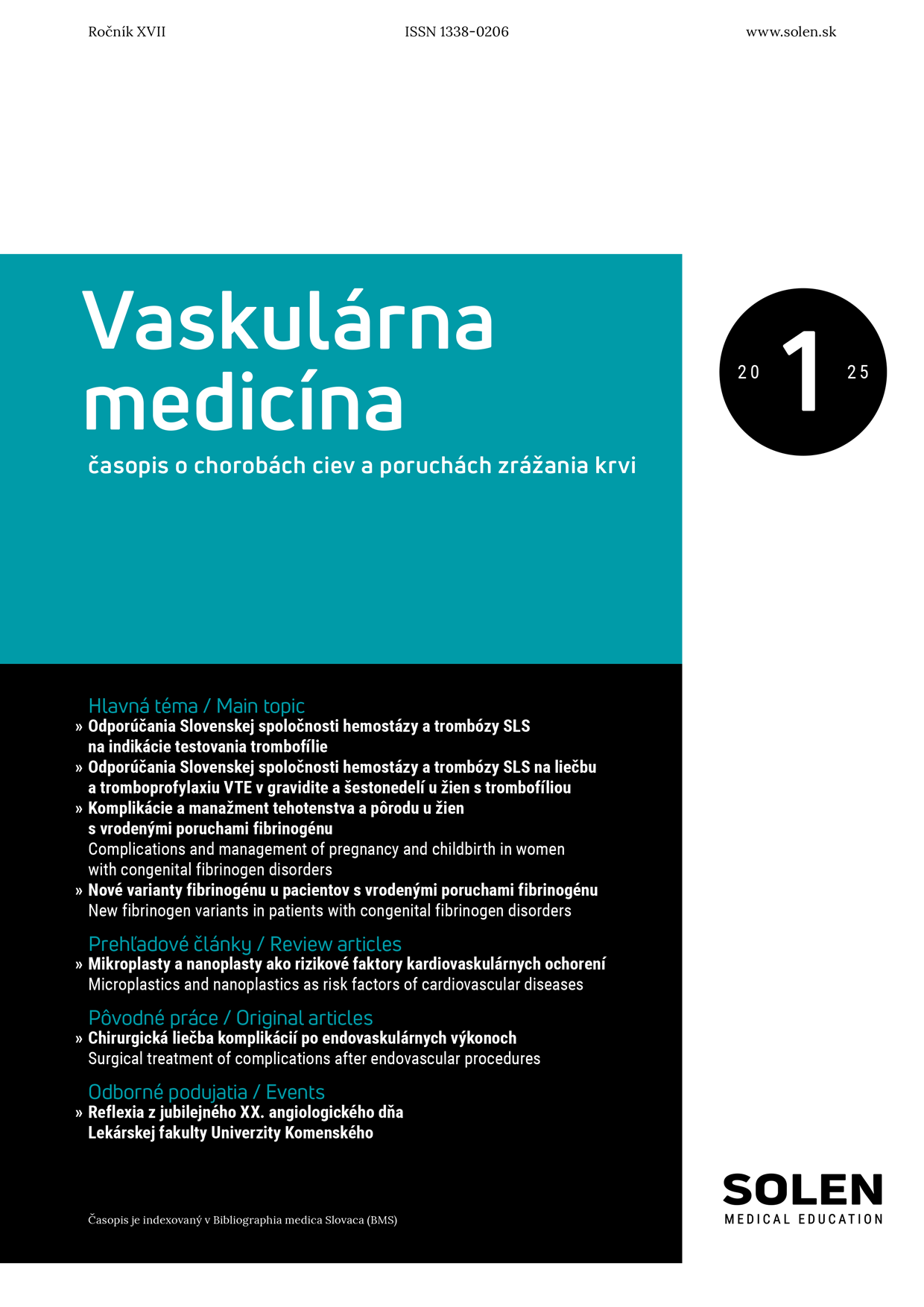Onkológia 5/2014
Transplantácia krvotvorných buniek pre myelodysplastický syndróm
doc. MUDr. Angelika Bátorová, CSc., MUDr. Stanislava Kubalová, MUDr. Lenka Masáková, Doc. MUDr. Martin Mistrík CSc.
Myelodysplastický syndróm (MDS) je heterogénna skupina chronických myeloidných neoplázií, ktorých pôvod sa začína v hematopoetickej kmeňovej bunke kostnej drene. MDS postihuje vyše 80 % pacientov starších ako 60 rokov, čo komplikuje použitie transplantácie krvotvorných buniek. Navyše, v súčasnosti sa zlepšila podporná liečba a netransplantačná terapia s cieľom predĺžiť prežívanie. Ovšem, zavedenie redukovaného prípravného režimu pred transplantáciou krvotvorných buniek a nepríbuzní darcovia umožňujú poskytnúť túto potenciálne kuratívnu liečbu väčšiemu počtu i starších chorých.
Kľúčové slová: myelodysplastický syndróm, transplantácia krvotvorných buniek, redukovaný prípravný režim
Transplantation of hematopoietic stem cell for myelodysplastic syndrome
Myelodysplastic syndrome (MDS) is a heterogeneous group of chronic myeloid neoplasias, the origin of which begins in the hematopoietic bone marrow stem cells. MDS affects over 80% of patients older than 60 years, that complicates hematopoietic stem cell transplantation application. Moreover, nowadays improved supportive care and nontransplant treatment with intention to prolong survival. However, the introduction of reduced conditioning regimen before hematopoietic stem cell transplantation and unrelated voluntary donors provide the posibility to offer this potentially curatiove therapy to a greater group of patients and to older patients.
Keywords: myelodysplastic syndrome, hematopoietic stem cell transplantation, reduced conditioning


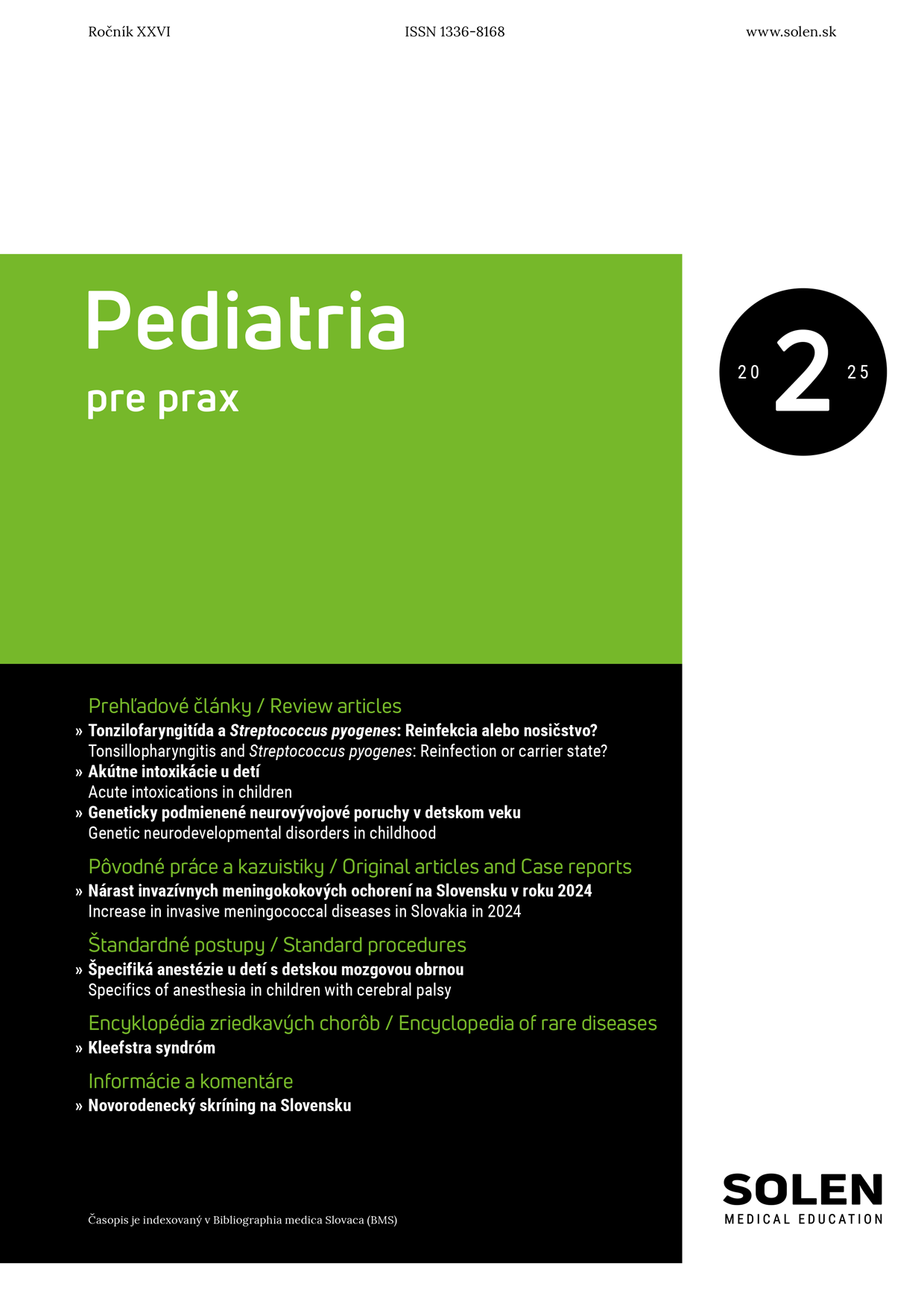
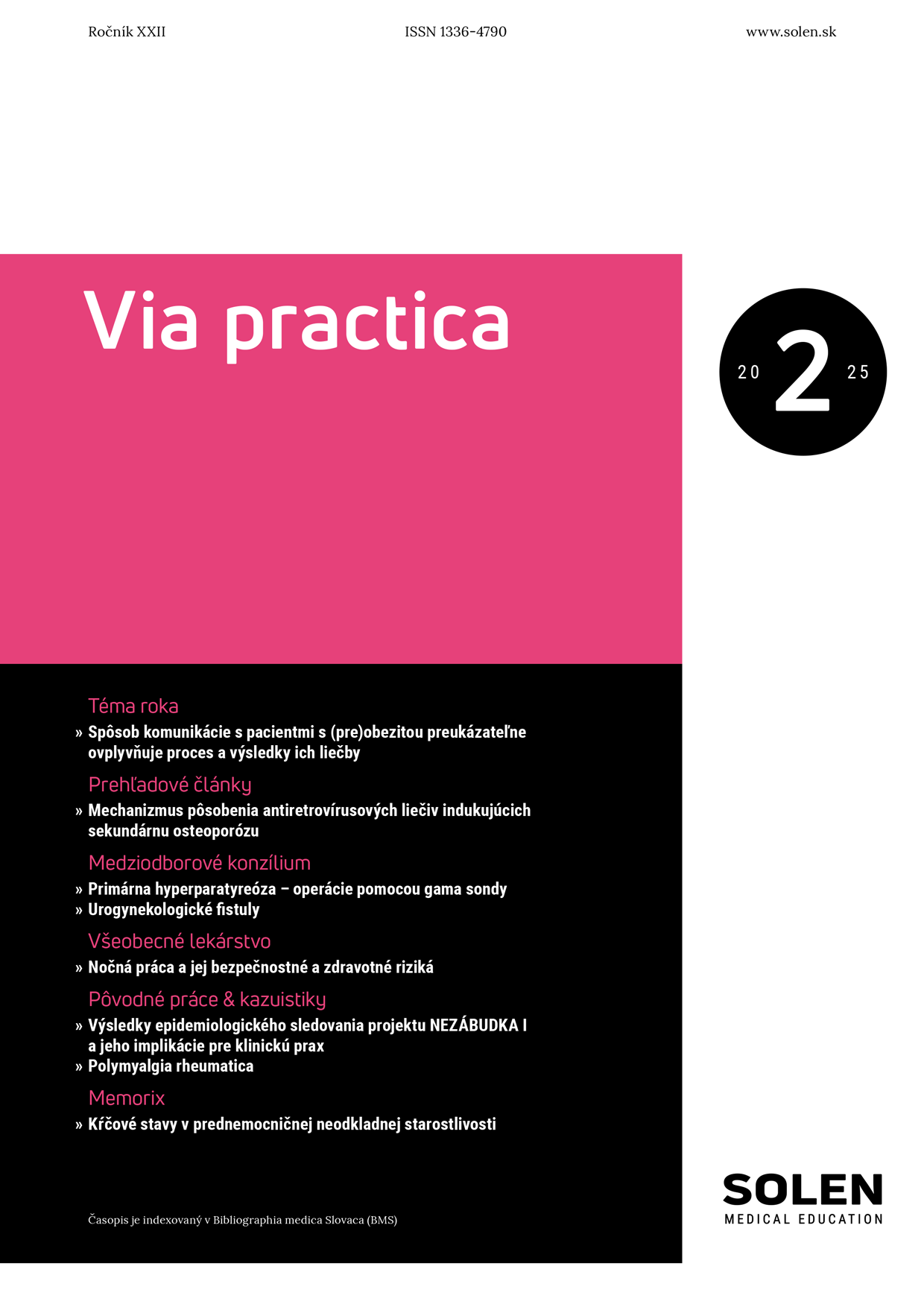
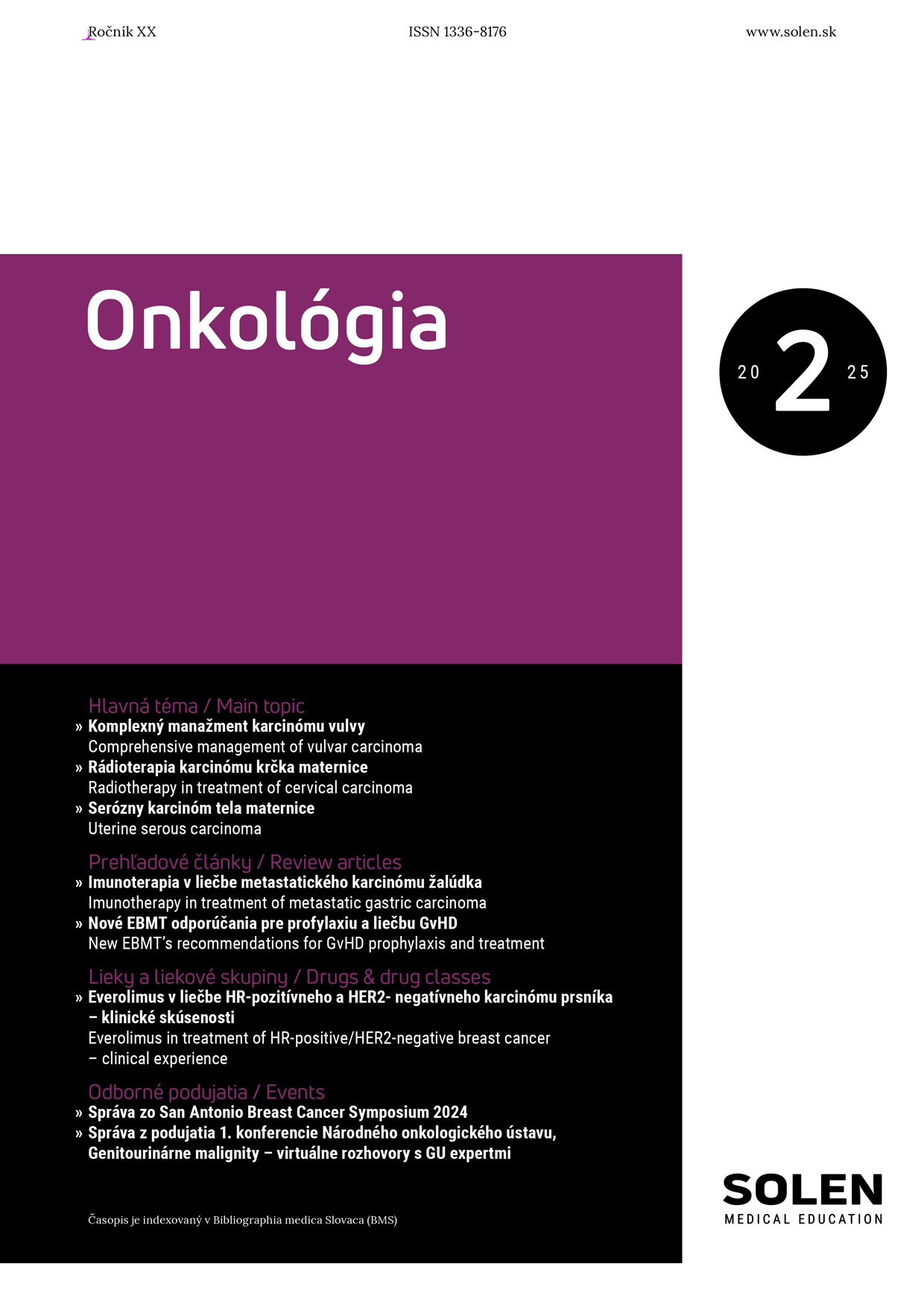
-1.png)
